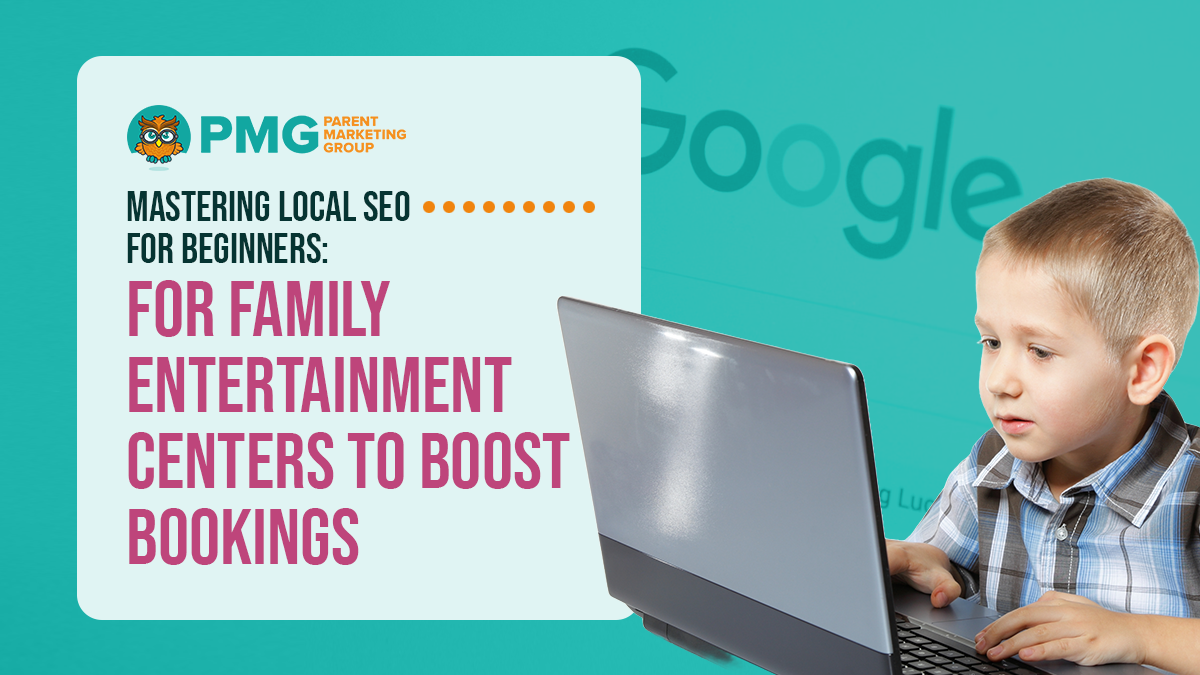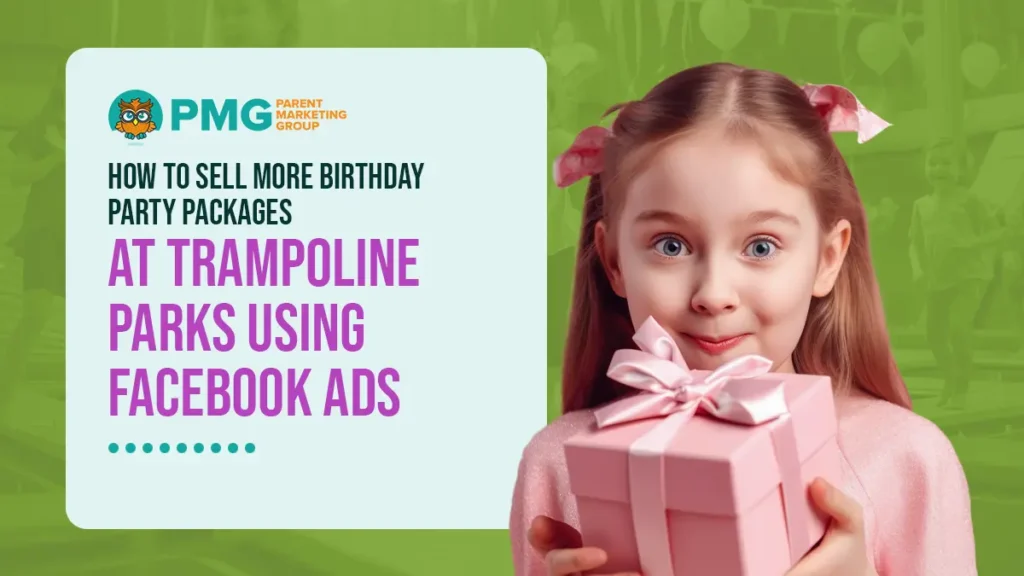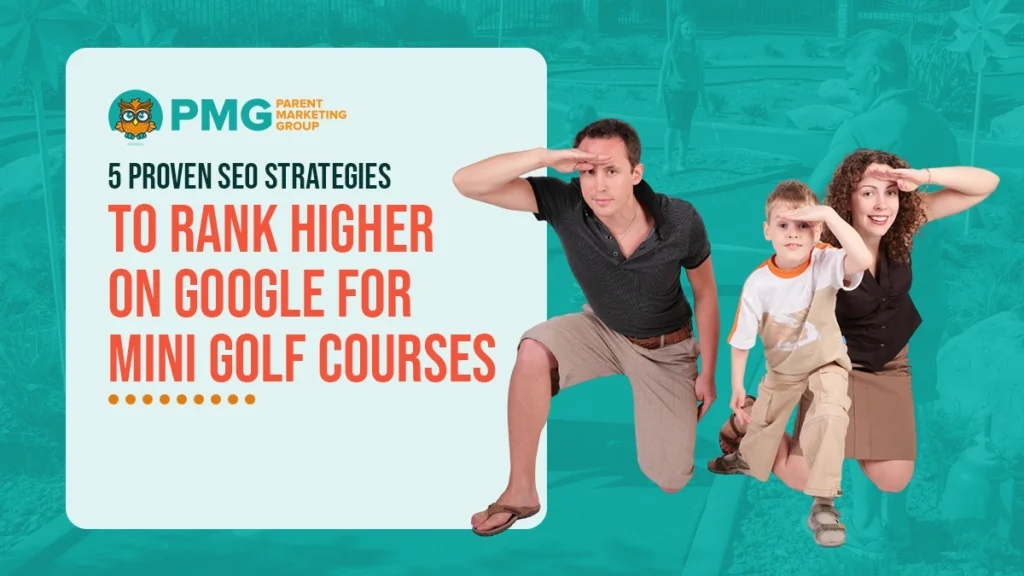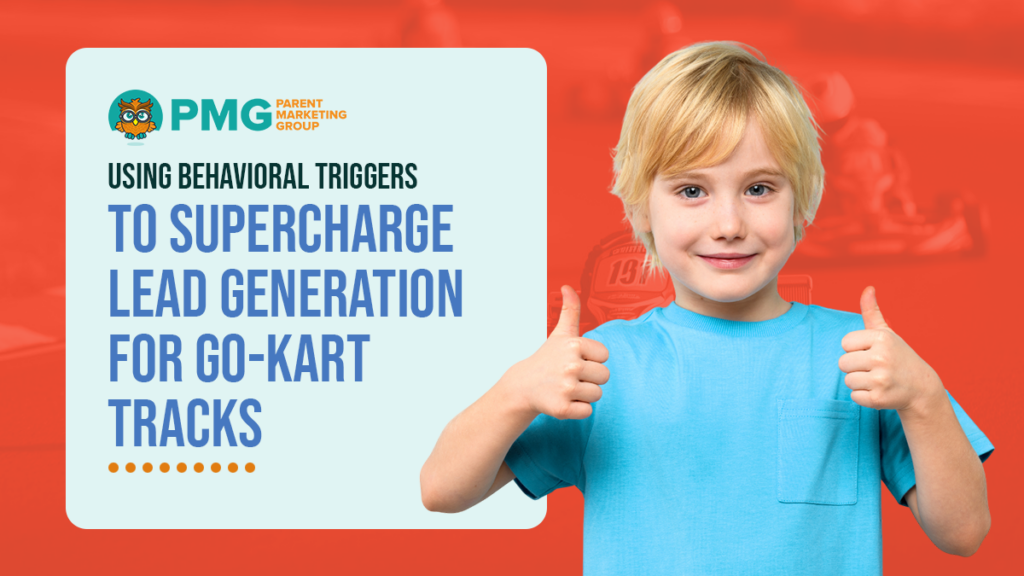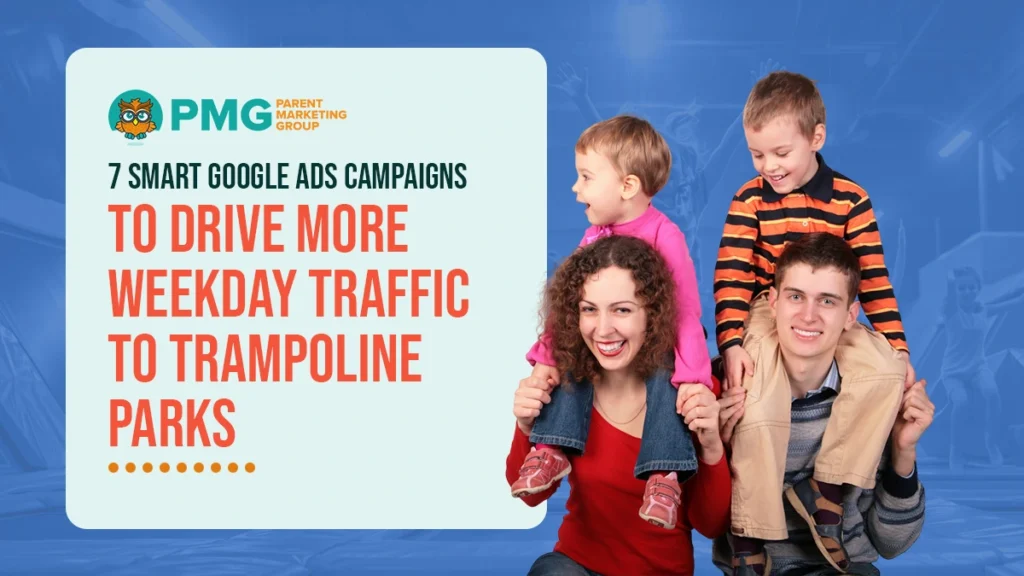SEO for beginners: website guide for family entertainment centers is essential for any business looking to improve online visibility and attract more local families. In today’s digital-first world, having a well-optimized website isn’t just beneficial—standing out in a crowded market is critical.
Whether you’re managing an indoor play space, trampoline park, or birthday party venue, strong local SEO ensures parents in your area can easily find and choose your business. This guide breaks down foundational strategies in clear, actionable steps for small to mid-sized family entertainment centers ready to grow their online presence and drive real-world foot traffic.
How to Do SEO for a Trampoline Park Website
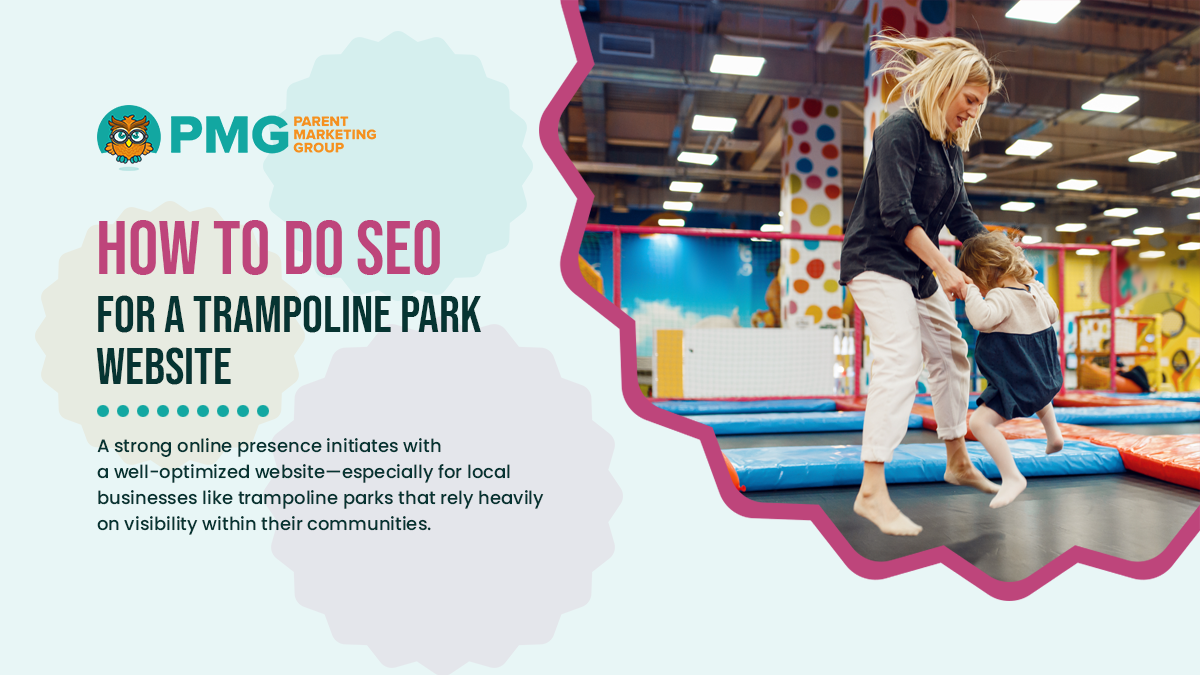
A strong online presence initiates with a well-optimized website—especially for local businesses like trampoline parks that rely heavily on visibility within their communities. Understanding how to do SEO for a trampoline park website allows owners to improve search rankings, attract more families, and convert online visitors into in-person customers.
Understand Local Search Intent and Your Audience
The foundation of trampoline park SEO is understanding what parents are searching for online. These searches often include terms like “indoor trampoline parks near me,” “kids birthday party venues,” or “family fun activities in [city].” Targeting the adequate keywords helps your website appear when families actively seek local experiences.
To align with search intent, consider the following:
- Keyword variation: Use a mix of short-tail and long-tail keywords that reflect actual parent queries (e.g., “trampoline park birthday packages”).
- Audience-focused language: Write content about parents’ safety, fun, and value priorities.
- Location relevance: Include your city or neighborhood in headings, body content, and meta descriptions.
This approach helps your site become more visible in local search results while meeting the expectations of visiting families.
Optimize Key Pages for Local Visibility
Your homepage and core service pages (e.g., birthday parties, group bookings, events) should be optimized with relevant, location-based keywords. Each page should have a clear purpose and support your overall SEO strategy.
Best practices for page optimization include:
- Title tags and meta descriptions: Include your main keyword and service location.
- Header tags (H1, H2, etc.): Organize content for user readability and search engine indexing.
- Alt text for images: Describe images using local and service-related terms.
- URL structure: Keep URLs short, descriptive, and keyword-friendly (e.g., /birthday-parties-cityname).
These elements help engines understand your content and improve the likelihood of ranking for targeted queries.
Create Content That Answers Parent Questions
High-quality, informative content is significant in driving organic traffic. For trampoline parks, this could include answering frequently asked questions, providing planning tips, or offering safety insights.
Content ideas to consider:
- Parent guides: “What to Expect at Your First Visit to a Trampoline Park”
- Safety overviews: “How We Ensure a Safe Experience for Your Kids”
- Event planning hints: “5 Tips for Hosting a Stress-Free Birthday Party”
- Seasonal blog posts: “Best Indoor Activities During Winter Break”
Regularly updated content supports your SEO efforts while providing value to your audience.
Enhance Mobile Experience and Site Speed
A large portion of parents will visit your site on mobile devices. A slow, cluttered, or unresponsive site increases bounce rates and decreases conversion opportunities. Search engines prioritize mobile usability as a key ranking factor.
To improve the user experience:
- Use responsive design: Ensure your page looks and functions well on all screen sizes.
- Compress images: Cut down file sizes without sacrificing quality to improve load time.
- Limit pop-ups: Avoid intrusive elements that frustrate mobile users.
- Test site speed: Use tools like Google PageSpeed Insights to identify areas for improvement.
When implemented effectively, these strategies will strengthen your trampoline park’s digital presence and help you stay competitive in a growing local market.
Best Free SEO Tools for Small Theme Parks
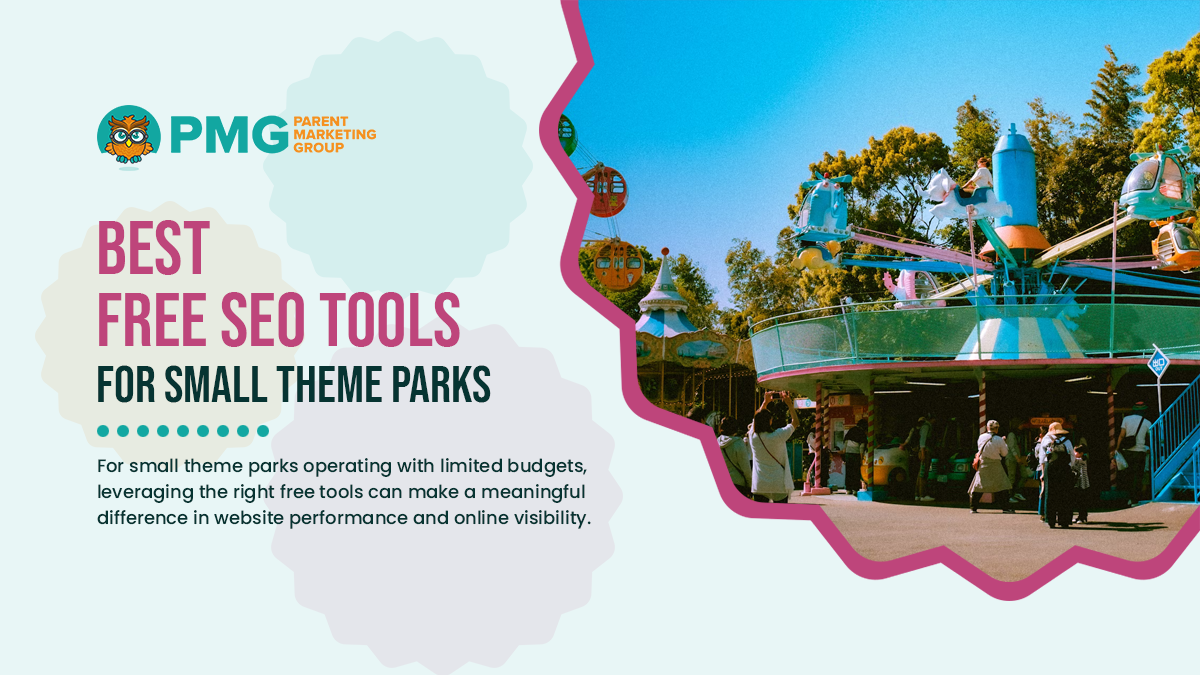
For small theme parks operating with limited budgets, leveraging the right free tools can make a meaningful difference in website performance and online visibility. From keyword research to performance tracking, these tools offer actionable insights that support local SEO and content optimization efforts.
Keyword Research Tools to Understand What Families Are Searching
Effective SEO begins with knowing which search terms your audience is using. Keyword research helps identify phrases parents and caregivers use when looking for local attractions, ticket info, or events.
Recommended free tools include:
- Google Keyword Planner: Provides keyword ideas and search volume based on industry, service, and location.
- Ubersuggest: Offers keyword suggestions, competition scores, and content ideas tailored to your niche.
- AnswerThePublic: Visualizes search questions and autocomplete queries to inspire blog content or FAQs.
- Keyword Surfer (Chrome extension): Displays keyword volume and related terms directly in Google search results.
These tools enable small theme parks to develop content that aligns with real parent intent and seasonal interest.
Site Audit Tools to Improve On-Page and Technical SEO
Technical and on-page issues can limit how search engines crawl and index your website. Regular audits help identify problems such as broken links, slow page speeds, missing tags, or duplicated content.
Practical site audit tools include:
- Google Search Console: Monitors indexing status, site performance, and mobile usability directly from Google.
- Ahrefs Webmaster Tools: Provides a free website health report, including broken pages and SEO warnings.
- Screaming Frog SEO Spider (free version): Crawls up to 500 pages and highlights technical issues like missing metadata or redirects.
- SEOptimer: Delivers a free SEO report with actionable recommendations for on-page improvements.
Routine audits ensure your website remains accessible, compliant, and optimized for local search visibility.
Performance and Ranking Trackers for Continuous Improvement
Monitoring your website’s performance over time is essential to evaluating your SEO efforts. These tools provide insights into traffic sources, keyword rankings, and user engagement—all necessary for refining your strategy.
Recommended tools include:
- Google Analytics: Tracks visitor behavior, including time on site, bounce rates, and top-performing pages.
- Google Search Console: Offers data on clicks, impressions, and average search rankings for targeted queries.
- SERP Robot: Checks daily search engine rankings for specific keywords across different locations.
- SEOquake (browser plugin): Analyzes on-page SEO metrics and provides instant summaries for each web page.
Using these performance tools helps small theme parks measure progress and identify which content drives the most results.
Local SEO Tools for Map Listings and Citations
Local SEO is essential for brick-and-mortar attractions. Maintaining accurate map listings and consistent citations across platforms helps improve visibility in “near me” searches and Google Maps.
Useful free local SEO tools include:
- Google Business Profile Manager: Ensures your business appears in local search results and provides insights on user activity.
- Moz Local (free check): Audits your local listings for consistency across significant directories.
- Whitespark Local Citation Finder: Identifies new citation opportunities relevant to your region.
- Yext Scan Tool: Checks how your business appears across dozens of online directories.
These tools help small theme parks establish a strong local footprint and enhance trust with search engines and customers.
Local SEO Basics for Go-Kart Tracks Near Me
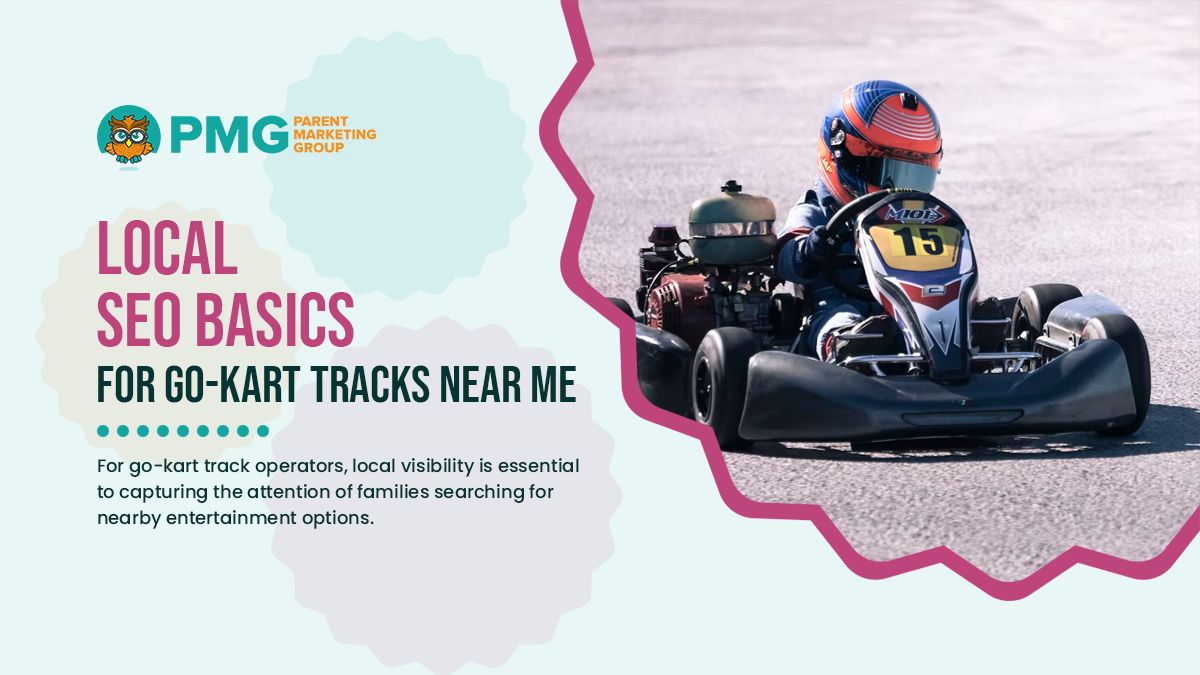
For go-kart track operators, local visibility is essential to capturing the attention of families searching for nearby entertainment options. Local SEO helps confirm that when someone searches “go-kart tracks near me,” your business appears at the top of the results—especially in map listings and organic rankings. With the proper foundational steps, small to mid-sized entertainment businesses can build a strong digital presence and consistently attract nearby customers.
Optimize Your Google Business Profile
A well-managed Google Business Profile (GBP) is one of the most critical elements of local SEO. This listing is often the first thing users see when they search for go-kart tracks near them—and a complete, verified profile builds credibility and drives engagement.
Key optimization steps include:
- Accurate business information: Ensure your name, address, phone number, and business hours are consistent with your website.
- Categories and Services: Select relevant categories, like “Go-Kart Track,” and add specific services (e.g., birthday parties, group events).
- Photos and videos: Upload high-quality images of your track, facilities, and family-friendly experiences.
- Regular updates and posts: Share promotions, upcoming events, or seasonal updates to keep your listing fresh.
- Enable messaging and booking: Allow users to ask questions or schedule visits directly from your profile.
An optimized Google Business Profile improves visibility in local packs, Google Maps, and mobile search results.
Maintain NAP Consistency and Local Citations
Consistency in NAP (Name, Address, Phone) is vital for search engines to trust and validate your business. Inconsistent or outdated contact information across online directories can reduce your ranking potential and confuse customers.
Best practices for citation management include:
- Audit your listings: Use tools like Moz Local or Yext to identify and correct outdated or inconsistent citations.
- Submit to trusted directories: Ensure your go-kart track is listed on Yelp, TripAdvisor, Yellow Pages, and local parenting sites.
- Use the same formatting: Match your business name and address exactly across all platforms—including abbreviations, suite numbers, and punctuation.
- Include a local phone number: Avoid call tracking numbers that can interfere with citation consistency.
Correct and consistent citations strengthen your local authority and improve platform search rankings.
Encourage and Respond to Customer Reviews
Positive reviews are crucial in local SEO. They influence rankings and build trust with potential customers. Search engines prioritize businesses with frequent, high-quality reviews, mainly when they include relevant keywords and regional details.
Steps to enhance your review strategy:
- Ask promptly: Prompt customers for reviews after events, parties, or successful visits.
- Simplify the process: Insert a direct link to your Google review page via email or SMS.
- Respond to every review: Thank customers for positive feedback and address concerns professionally.
- Highlight keywords: Encourage reviewers to mention your location and services naturally (e.g., “best go-kart track near [city]”).
A steady stream of reviews boosts visibility and builds consumer confidence.
Use Location-Based Landing Pages and Content
Dedicated landing pages and locally optimized content help you target specific service areas and show up in regional searches. Even if your business has a single location, content referencing your city or neighborhood improves SEO performance.
Effective approaches include:
- Create a service area page: Detail the neighborhoods or nearby cities you serve.
- Write blog posts with a local focus: Topics like “Top Family Activities in [City]” help boost visibility.
- Use geo-targeted keywords: Incorporate location terms throughout page titles, headers, and image alt text.
- Embed a Google Map: Add an interactive map to your contact or location page for added SEO value.
Integrating localized content makes your website more relevant to families searching your immediate area.
Conclusion
Mastering local SEO doesn’t require a massive budget—it requires the right strategy. From optimizing individual service pages to leveraging powerful free tools and building local credibility, every step you take strengthens your online visibility and brings more families through your doors. Whether you operate a go-kart track, trampoline park, or small theme park, these foundational SEO practices will help your business increase search results and stay competitive in your local market.
Ready to master your local search rankings and attract more families to your center? Contact Parent Marketing Group or call (716) 303-4133 for expert help tailored to your family-focused business.

